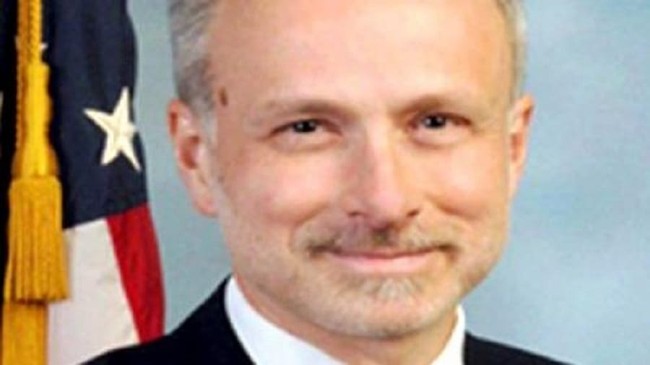
At his now infamous July 5, 2016 press conference during which he exonerated Hillary Clinton, former FBI Director James Comey said that “no reasonable prosecutor” would bring a case against her for mishandling classified information. That is, except for the FBI’s top lawyer, James Baker.
Rumors were circling at the time that there was disagreement among FBI leadership about whether or not to charge Clinton.
Baker testified in October at a closed hearing before Congressional investigators. Although the transcripts from this hearing have not been made public, Fox News has confirmed the relevant portions. Fox also reported that “Baker’s testimony was considered thorough and highly credible by those in the room.”
Contrary to James Comey’s claim that the FBI’s decision not to charge Hillary Clinton was unanimous, Baker’s testimony tells us otherwise.
Baker: Pursuant to the statutes that we were considering at the time, it was the nature and scope of the classified information that, to me, initially, when I looked at it, I thought these folks should know that this stuff is classified, that it was alarming what they were talking about, especially some of the most highly classified stuff.
Unidentified lawmaker to Baker: I have reason to believe that you originally believed it was appropriate to charge Hillary Clinton with regard to violations of law — various laws with regard to the mishandling of classified information. Is that accurate?
Baker: Yes.
Lawmaker: And I understood that, that you had to be persuaded, and stated as a basis that ultimately you were persuaded there was a lack of evidence establishing knowledge or criminal intent, correct?
Baker: Yes.
Lawmaker pressed Baker on when exactly he changed his mind.
Baker: Sorry. Pretty late in the process, because we were arguing about it, I think, up until the end.
(There was discussion about changes that had been made to Comey’s original draft of his exoneration memo.)
Comey wrote the first draft of this memo on May 2, 2016 and had described Clinton’s handling of classified information as “grossly negligent.” This language was later changed by former FBI agent Peter Strzok to “extremely careless,” which was a “significant legal distinction.”
In the May draft, Comey also wrote that “it was reasonably likely” that “hostile actors” had gained access to Clinton’s private email account. That was changed later to say the scenario was merely “possible.”
Baker was questioned about these changes.
Baker: Well, I know there’s been a lot of public discussion about that. I believe if I had been persuaded that she had the intent, I would have argued that vociferously with him [Comey] and maybe changed his view. And I think he would have been receptive to changing his view even after he wrote that thing.
My original belief — well, after having conducted the investigation and towards the end of it, then sitting down and reading a binder of her materials, I thought that it was alarming, appalling, whatever words I said, and argued with others about why they thought she shouldn’t be charged.
I was struggling with the facts about even just ascertaining what literally did she know and what was reasonable to infer about what she knew.
The decision not to charge Clinton for mishandling of classified information, as James Comey saw it, was based on “intent.” He did not believe that Hillary “intended” to mishandle classified information. He said the following at his July 2016 press conference:
All the cases prosecuted involved some combination of clearly intentional and willful mishandling of classified information, or vast quantities of materials exposed in such a way as to support an inference of intentional misconduct, or indications of disloyalty to the United States… We do not see those things here.
But the applicable statute does not consider intent. The full statute, 18 U.S.C. § 793(f), can be read here. “Section 793(f) makes it a felony for any person “entrusted with… information relating to the national defense” to allow that information to be “removed from its proper place of custody” through “gross negligence.”
The FBI’s failure to prosecute Hillary Clinton needs to be revisited by the Department of Justice. It’s obvious that her exoneration was a foregone conclusion. The FBI just had to make it appear as if they had conducted an honest investigation.
While writing this post, I looked back through posts I had written less than one year ago. The amount of information that has been uncovered about the FBI’s wrongdoing since that time is startling. But because the process has been so slow, we may not “feel” that much progress has been made.
The majority of readers express doubt that any of the perpetrators or participants in the conspiracy to take out Trump will be held accountable. I would argue that far too much is known already for it to be buried.
Although many of the players refuse to tell the truth, others such as James Baker, DOJ official Bruce Ohr and former FBI lawyer Lisa Page have been more forthcoming. There have been several instances already in which their testimonies have contradicted earlier statements made by those who have been less candid with investigators. These are issues that can be exploited to arrive at the truth.
It’s not rocket science. The creatures of the deep state are human beings like the rest of us. Some are open. Others are liars. Some are convinced they’re right even when they’re wrong. We all act to protect our self-interests, our agendas and they are no different.
Finally, we don’t know all the information that has been gathered so far. Almost every day, we learn something new that investigators knew months ago.
This process is farther along than we think.
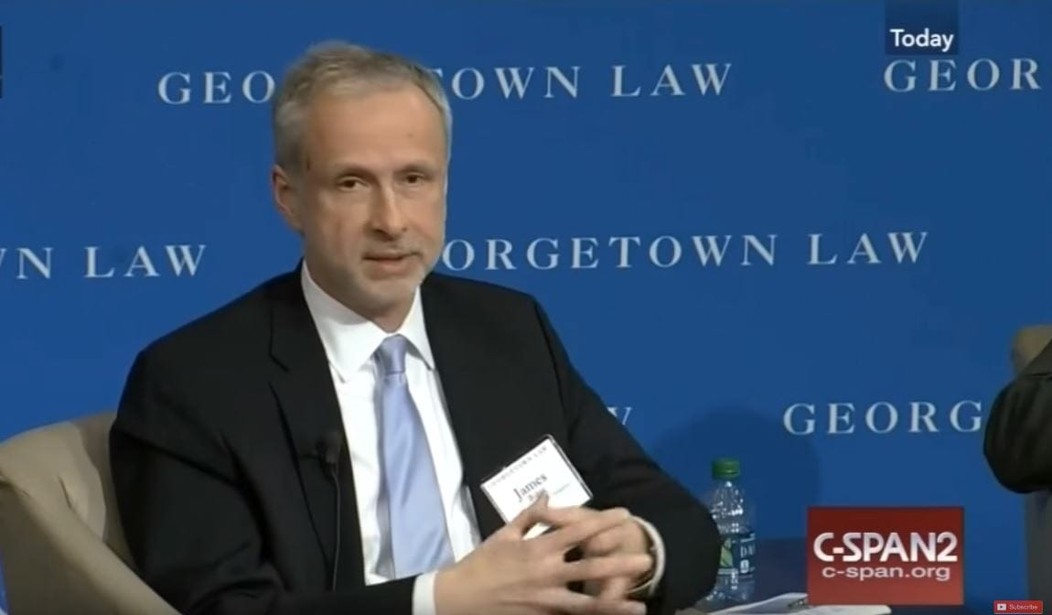


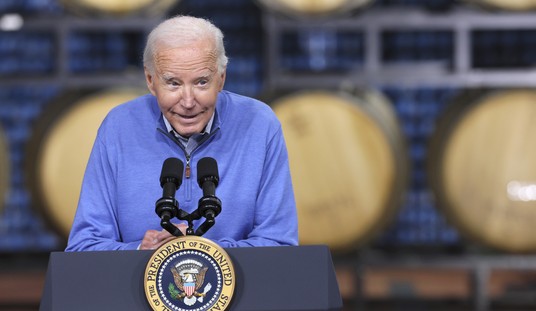
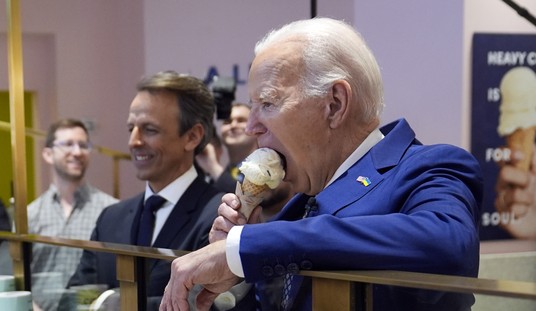



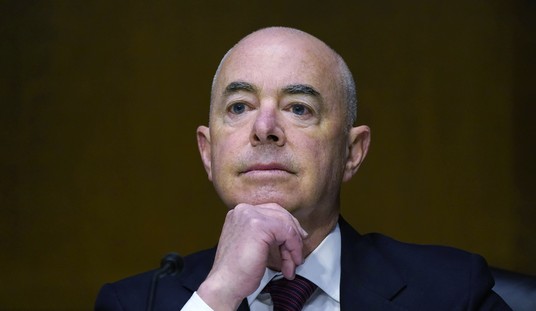
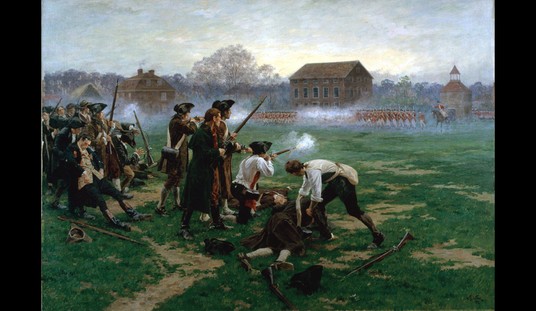


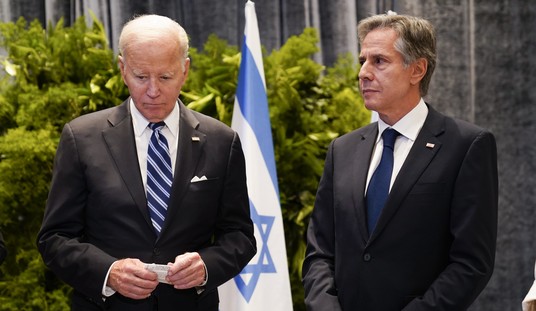
Join the conversation as a VIP Member